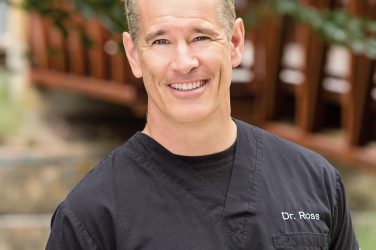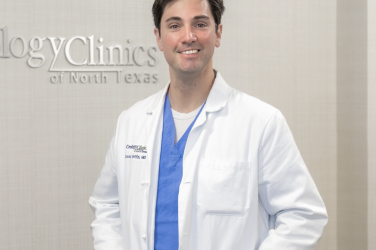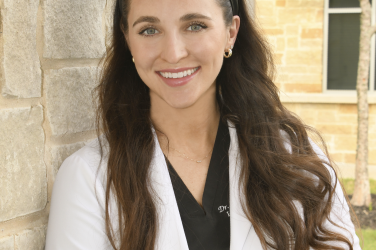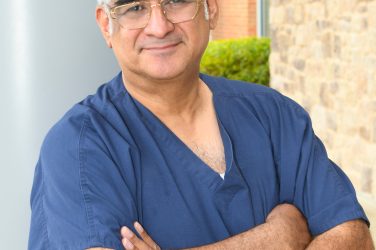
Q&A
What’s The Difference Between A Pediatric Dentist And General Dentist?
Pediatric dentists complete the same four-year dental school as general dentists, but they follow that with two to three years of additional training in a full-time residency that is specific to infants, children, and those with special needs. Pediatric dentists are trained to treat the growing mouth and to cater to children who may be anxious in the dentist’s chair. They also receive training in emergencies, sedation, and hospital dentistry specific to children.
At What Age Do You Recommend A Child First Visit The Dentist?
The American Academy of Pediatric Dentistry and American Academy of Pediatrics both recommend a child be seen by a dentist by age one and every six months thereafter. When a child begins visiting the dentist at that age, by the time they’re three or four they associate the dental office with positive experiences. If you wait until they’re three, they’re often anxious. We know how to be fast and efficient and keep things stress-free. These early appointments are also a time for me to counsel Mom and Dad about proper teeth cleaning (even demonstrate it for them), nutrition, and fluoride, to answer questions about thumb sucking, and things like what to do about trauma to the teeth. The child leaves with a balloon or sticker and can’t wait for their next visit.
When Should My Child Quit The Pacifier And Why?
It’s recommended that parents start weaning babies off the pacifier by six months and completely by age one. Prolonged use can cause the teeth and jaws to mold into malocclusion or may lead to a low-tongue position which can have long-term effects on nasal breathing, stability of the dental occlusion, and possible narrowing of the maxilla.
Are Cavities Genetic And Does Diet And Nutrition Have Any Effect On Developing Cavities?
Some enamel issues can be genetic as can the formation of the enamel and jaw size, but nutrition and oral hygiene play a larger part in decay. We recommend children not consume sugary or acidic drinks, which attack enamel and can lower the mouth pH. We want kids to eat real food, not pouches, puffs, and purees. Parents should offer fruits and vegetables at every meal and avoid sugary snacks. You simply can’t out-brush a bad diet.
My Child Snores And Is A Restless Sleeper. Should I Be Concerned?
Snoring is not normal and is a sign of resistance in the airway or even worse, obstruction. Snoring, grinding at night, and prolonged bedwetting are signs that the airway should be evaluated by a physician or an airway-centric dentist. Sleep should be quiet and effortless. Your pediatric dentist can help to determine the cause of your child’s sleep issues whether it be enlarged tonsils, a narrow arch, or a tongue tie, and then either offer recommendations to address the issues.
About The Expert
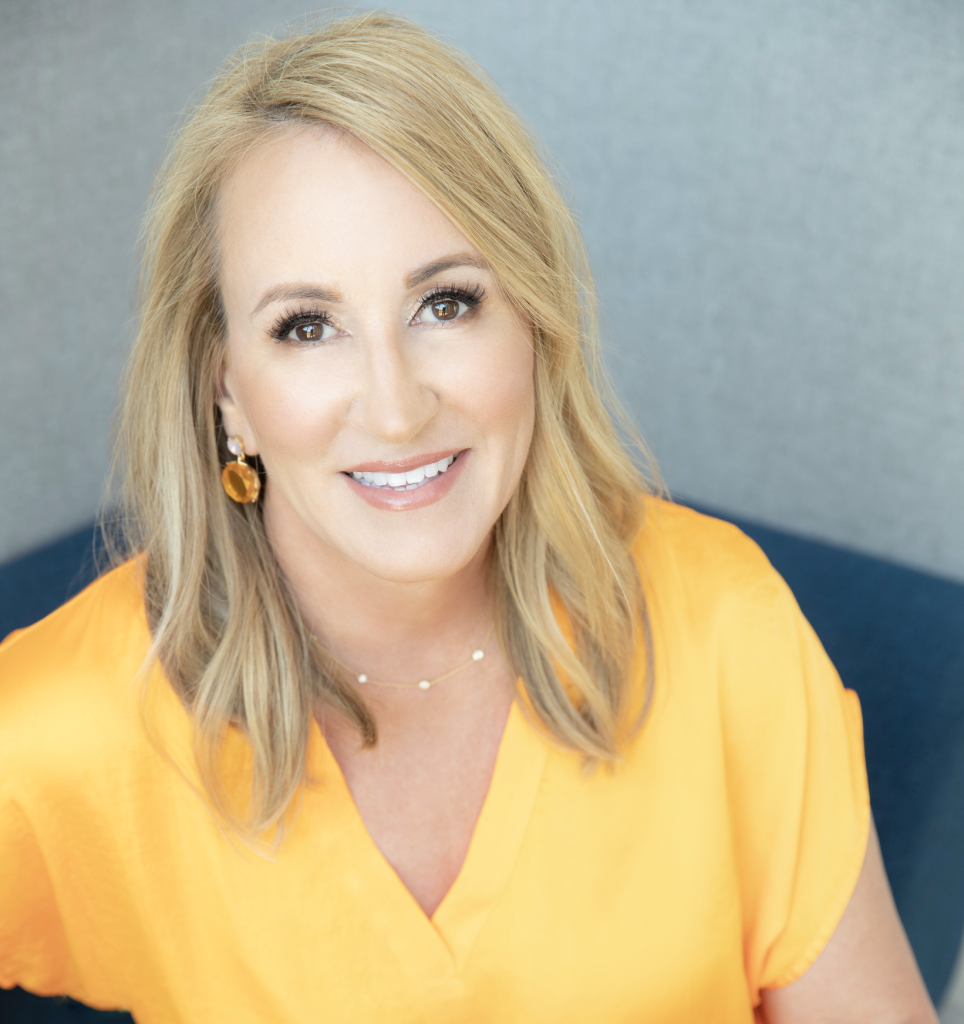
Melissa Rozas, DDS
Melissa Rozas, DDS Dentistry for Infants, Children & Teens
Board Certified pediatric dentist Melissa Rozas has been caring for young patients and their families for 28 years. She is a Diplomate of the American Board of Pediatric Dentistry, a Fellow in the American Academy of Pediatric Dentistry, Chairman of Greater Dallas Pediatric Dental Society, and past president of Texas Academy of Pediatric Dentistry.





